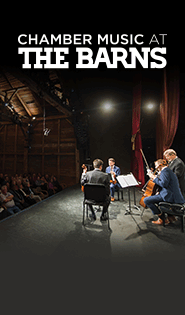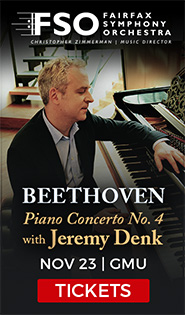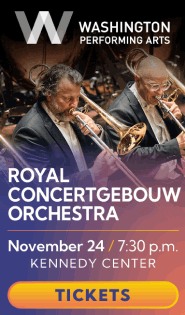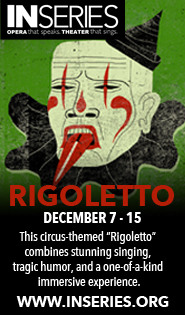Virginia Opera creates practical magic with Britten’s “Midsummer Night’s Dream”
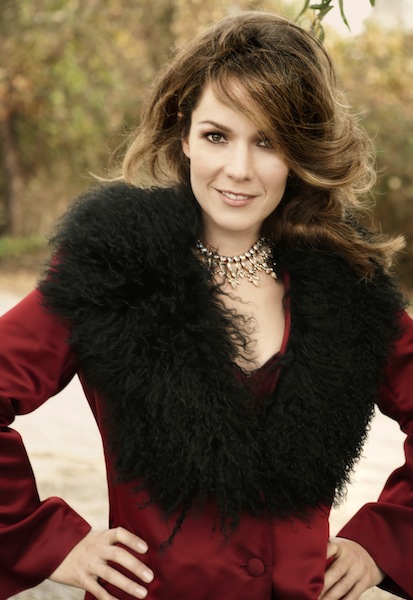
Heather Buck is Tytania in Virginia Opera’s production of Britten’s “A Midsummer Night;s Dream.”
Virginia Opera may be the most daring local company in terms of its mainstage programming. A new production of Britten’s A Midsummer Night’s Dream, the first in the company’s history, came to George Mason University’s Center for the Arts on Saturday night.
The delights of the casting and staging reached too few ears and eyes, sadly, in the half-filled auditorium. One hopes it was more the difficulty of getting onto the campus through the light sleet than an audience’s conservative tastes rejecting a “modern” work.
Britten’s score is a marvel of harmonic invention and painterly orchestration, heard in recent years at Wolf Trap Opera and even at the generally conservative Metropolitan Opera. At the top of this impressive cast were three excellent performances, led by the Oberon of countertenor Owen Willetts in an imposing company debut.
Britten designed the role of the fairy king to be otherworldly and creepy, a king of shadows who abducts a young boy from his wife’s protection. Willetts sang the part with menacing, yet slyly feminine sweetness, the dulcet tone part of an arsenal of cool calm in an unnerving interpretation. This sense of musical evil, deceitfully kind, was far more unsettling than his vampiric costume, somewhere between the Mad Max films and the Twilight series.
Soprano Heather Buck, a company favorite, was an alluring Tytania, Oberon’s Queen, with the right sparkle in the coloratura flights, including perfectly tuned upward staccato runs, and a seduction both musical and physical. Bass-baritone Matthew Burns roared with arrogant bluster as Bottom, the vain know-it-all who leads the “Rude Mechanicals” troupe by bad example. In his movements and overall stage presence, too, he led the cast in the comedy.
The quartet of mixed-up lovers did not measure up to those heights, but two former Virginia Opera young artists, tenor David Blalock and mezzo-soprano Kristen Choi were best as Lysander and Hermia. Baritone Joseph Lattanzi and Molly-Hollis Hundley, the latter in the young artist program, were less convincing as Demetrius and Helena. Ryan Kuster and Adriane Kerr were a robust, sometimes antagonistic presence as Duke Theseus and Queen Hippolyta, who reign over the final act.
This opera is a favorite with collegiate companies because the huge cast consists of a large number of smaller comprimario roles, filled out here with current young artists and members of the chorus. The troupe of rough actors played their scenes to maximum comic effect by creating memorable and distinct weirdness; tenor Bille Bruley excelled as Snug the joiner, especially for his over-the-top drag act in the ridiculous play of Pyramus and Thisby.
Young singers from The Governor’s School for the Arts Vocal Program did justice to the gorgeous music of the fairy chorus, as well as the small solos of the four fairies. Actor J. Morgan White’s Puck was distinguished by his acrobatic gambols and flips more than his ability to declaim Shakespeare’s verse.
Adam Turner, this company’s talented music director, was essential in holding together this complicated score, even when some of the cast’s less experienced members entered early or late. The musicians of the Virginia Opera Symphony were small but valiant; the sparse number of strings still created a full enough sound in the glissandos and other effects that signal the shifts into the fairy world. Johanna Kvam’s fleet fingers on the celesta completed the ethereal sound of Oberon and the fairy world.
The staging, directed by Michael Shell, is slender in many ways: some moving curtains that suggested different locales plus a few small props (scenic design by Shoko Kambara). The hanging fabric was painted by richly colored lights and animations, designed by Driscoll Otto, including a striking cascade of starlight adorning Tytania’s bower at the end of the first act. Shell’s costumes had a similar effect, especially the blue glow of Tytania’s robe and train, and the quartet of lovers revealed their growing confusion as they lost articles of clothing throughout the opera. All of this combined to create a dream-like world in which it was easy to lose oneself.
A Midsummer Night’s Dream will be repeated 2 p.m. Sunday at GMU’s Center for the Arts, and February 23 and 25 in Richmond. vaopera.org
